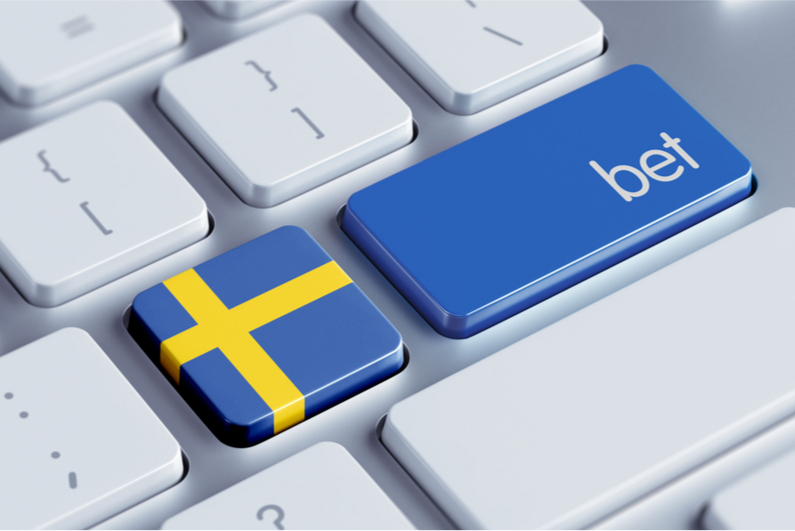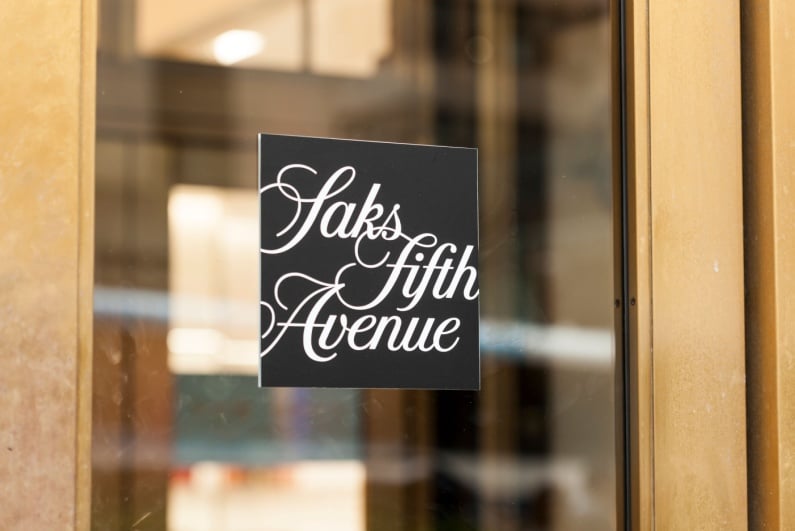New regime takes 18% tax on revenues
Sweden has disclosed its tax earnings from gambling, six months after it first began offering licenses. Only online operators can become licensed since the new Swedish regulatory body implemented the new law at the start of the year. To date it has issued 86 licenses.
The regulator charges 18% of gambling revenue for each license awarded. This includes the state-run Svenska Spel, which until recently held the only license in the country.
Earlier this week, the Skatteverket tax agency (STA) filed its mid-year reports. It announced that the total gambling tax taken so far was SEK1.84bn ($190.7m), which is more than double the initial projections.
First-year projection exceeded
It means that in just six months gambling operators have already paid the projected full year taxes since the new scheme launched in January. STA director Marie Matsson was quoted on Sveriges Radio that they had “already exceeded” what was first expected.
This is despite reported declines in online gambling, including that of state-run Svenska Spel, which says it has struggled under the heavy hand of the Spelinspektionen.
The state-run Svenska Spel says it has struggled under the heavy hand of the Spelinspektionen.
But that isn’t the case according to Anders Sims, head of communications at the Spelinspektionen. He also took to the airwaves at Sveriges Radio. He said: “It is not too burdensome for the gaming companies. They have the opportunity to follow the rules and pay taxes and still make a good deal.”
Money raised
It takes the total amount raised so far by operators buying licenses in Sweden to SEK67m ($6.94m) for the license cost alone, and then SEK57m ($5.90m) in additional supervision fees.
It is the supervision additional fee that has caused dissatisfaction among operators. They said the regulator was not ready for the number of license applications.
While Sims admitted that the fees were “more than expected”, he put this down to the additional work created for the regulator after further applications were submitted.
In court over unfair licenses
However, the Spelinspektionen has also been finding its feet. In court earlier this month, it was found to have unfairly limited licenses for shorter durations. Among the recipients were Aspire Global, Ellmount Gaming (Casino Room), Hero Gaming and GiG’s MT Secure Trade. The regulator admitted it was concerned over the companies’ long-term finances and that they were subject to penalties from other country’s regulators.
The one-year limit was deemed to be too harsh and the regulator was ordered to allow three-year licenses in all cases. The potential for appeal is ongoing.




